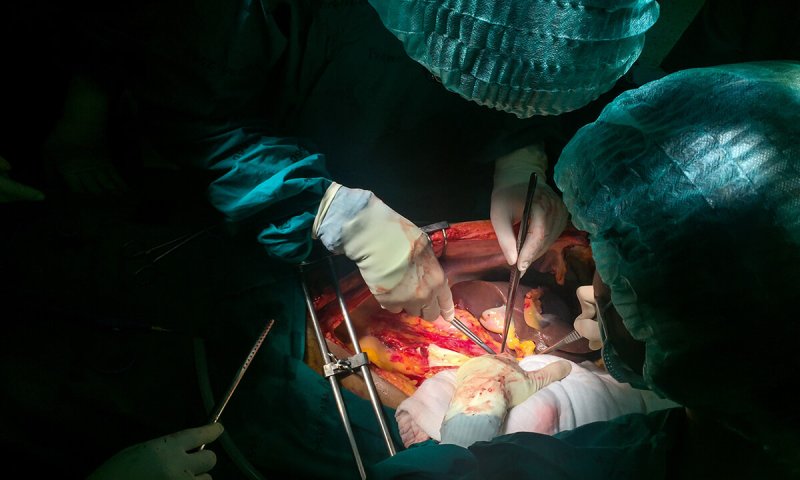A world-first study has called for the mass retraction of more than 400 scientific papers on organ transplantation, amid fears the organs were obtained unethically from Chinese prisoners.
The Australian-led study exposes a mass failure of English language medical journals to comply with international ethical standards in place to ensure organ donors provide consent for transplantation.
The study was published [January 30] in the medical journal BMJ Open. Its author, the professor of clinical ethics Wendy Rogers, said journals, researchers and clinicians who used the research were complicit in “barbaric” methods of organ procurement.
…
While the government says 10,000 transplants occur each year, hospital data shows between 60,000 to 100,000 organs are transplanted each year. The report provides evidence that this gap is being made up by executed prisoners of conscience.
In 2017 the European parliament passed a declaration condemning organ harvesting from prisoners of conscience, and called on Chinese officials to end it.
…
The 445 studies they identified involved 85,477 transplants. But 99% of those studies failed to report whether organ donors had given consent for transplantation.
…
It is the first time a study has tracked the progress of the transplant community in blocking unethical research.
Read full, original post: Call for retraction of 400 scientific papers amid fears organs came from Chinese prisoners































